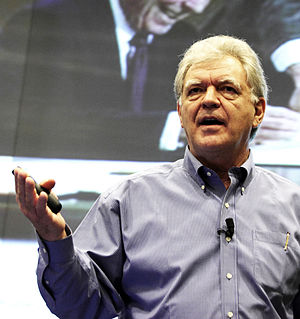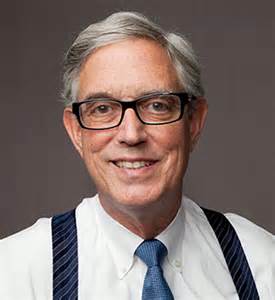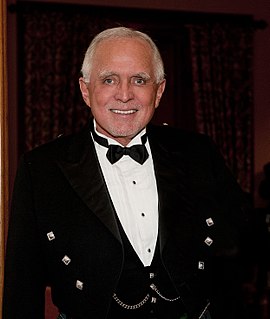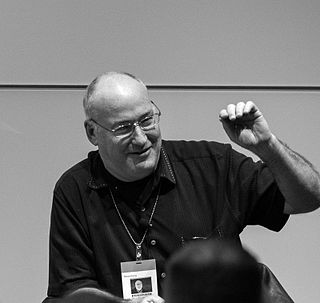A Quote by James C. Collins
Leaders who led their organizations quietly and humbly, were much more effective than flashy, charismatic high profile leaders.
Quote Topics
Related Quotes
Recently, there has been a profound change in how we think about corporate leadership. The 1990s was the era of celebrity leaders: we focused on Jack Welch, and not GE, on Bill Gates, and not Microsoft, on Steve Jobs, and not Apple, on Larry Ellison and not Oracle. But, on reflection, the records of most high-profile leaders have not withstood closer scrutiny. In almost all cases, it turns out that the success of organizations is due to the collective efforts of many, and not to the genius of a single, all-powerful individual at the top.
In the face of ambiguity, uncertainty, and conflicting demands, often under great time pressure, leaders must make decisions and take effective actions to assure the survival and success of their organizations. This is how leaders add value to their organizations. They lead them to success by exercising good judgment, by making smart calls when especially difficult and complicated decisions simply must be made, and then ensuring that they are well executed.
A hallmark of high performance leaders is the ability to influence others through all levels and types of communication, from simple interactions to difficult conversations and more complex conflicts, in order to achieve greater team and organizational alignment. High performing leaders are able to unite diverse team members by building common goals and even shared emotions by engaging in powerful and effective dialogue.
I would assert that highly effective leaders are made more than they're born. Every leader I know who's been highly effective has worked hard at it, and they've been students of it. The more you're a student of leadership, the more you figure out what works for you and the more effective you're going to be.
It is amazing how many of the horrors of the 20th century were a result of charismatic quacks misleading millions of people to their own doom. What is even more amazing is that, after a century that saw the likes of Hitler, Lenin and Mao, we still see no need to distrust charisma as a basis for choosing leaders, either in politics or in numerous organizations and movements.
I think one purpose is very clear among corporations and business leaders: make profits, deliver high return for stockholders, conquer markets, service consumers and create jobs. But in today's world, demands from corporations and leaders are much more than that. We need to understand what people really want at the very end.
Not many of us will be leaders; and even those who are leaders must also be followers much of the time. This is the crucial role. Followers judge leaders. Only if the leaders pass that test do they have any impact. The potential followers, if their judgment is poor, have judged themselves. If the leader takes his or her followers to the goal, to great achievements, it is because the followers were capable of that kind of response.
Renowned management guru Peter F.Drucker looked back at his 65-year consulting career shortly before he died. He concluded that great leaders could either be 'charismatic or dull' or 'visionary or numbers-orientated,' but the most inspiring and effective managers he knew all had said we rather than I.


































